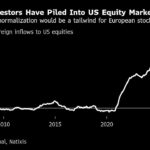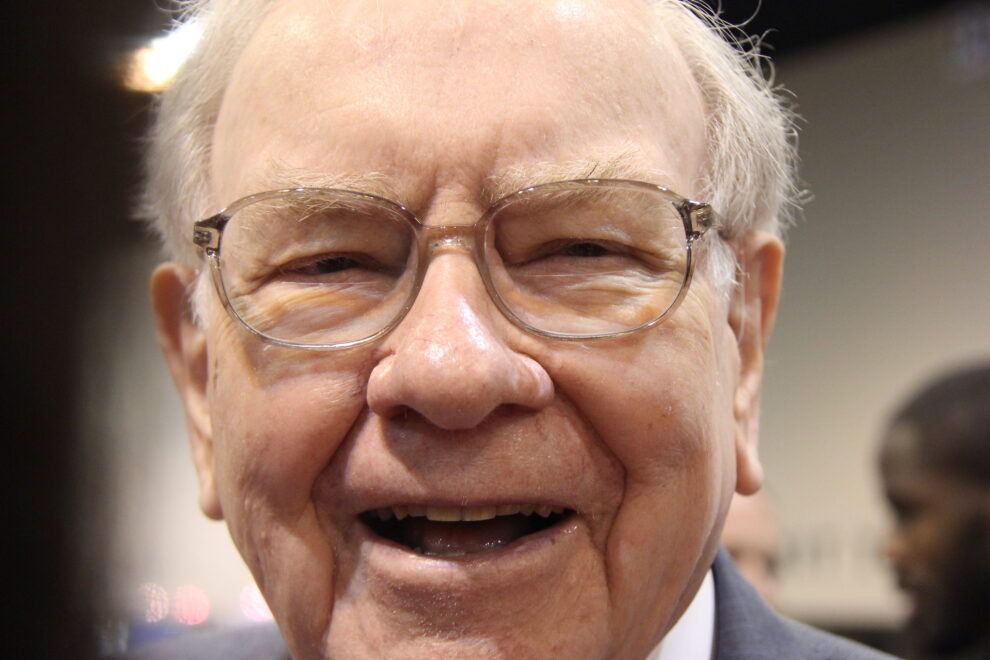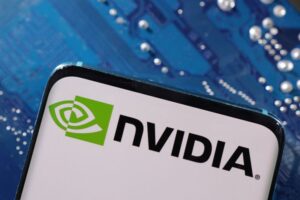Warren Buffett’s Berkshire Hathaway is the first financial company to join the $1 trillion club.
During the past few years, some of the largest companies in the world, including Apple, Nvidia, Microsoft, Alphabet, Meta Platforms, and Amazon, have crossed the $1 trillion market capitalization threshold.
These companies have all leveraged technology to achieve staggering growth. The same can’t be said of one company that crossed the $1 trillion threshold on Aug. 28 — Warren Buffett’s conglomerate, Berkshire Hathaway (BRK.A 0.83%) (BRK.B 0.81%).
Berkshire is a financial-sector company, and it’s the first reach this milestone. This is a testament to Buffett’s investing prowess and Berkshire’s sound business model, which supports a cash-generating machine that has rewarded investors handsomely over the long haul.

Image source: The Motley Fool.
Berkshire’s patient approach to investing
Buffett is a legend in the investing world, and deservedly so. Since he became chief executive officer of Berkshire Hathaway in 1965, Buffett’s company has delivered an impressive 19.8% compounded annual return to investors. In other words, $1,000 invested in the conglomerate the day Buffett took over would be worth $57 million today.
There are many reasons Buffett is one of the best investors ever. Buffett takes a long-term approach and focuses on investing in high-quality companies with high-integrity management teams. He also takes an extremely patient approach, riding out difficult times and swooping in and buying “wonderful companies at good prices” when the time is right.
Its subsidiaries are cash-generating machines
Berkshire’s public portfolio of stocks is not the only area in which it shines. The conglomerate owns subsidiaries across various industries, including insurance, transportation, utilities, energy, manufacturing, services, and retail.
These businesses thrive because of Buffett’s laid-back approach to management, allowing his companies to “operate on their own, without our supervising and monitoring them to any degree.” Because Buffett values management integrity, Berkshire only invests in companies with management teams he can trust, as opposed to taking an active role in trying to reshape a company.
For this reason, when Berkshire takes a stake in a company, it tends to hold it for a long time. And if Buffett and his team like the company enough, Berkshire has the cash to acquire it outright. That’s what Berkshire did a few years ago when it spent $11.6 billion to acquire insurer Alleghany, whose CEO had previously headed up Berkshire’s insurance subsidiary, General Re.
This is the engine behind Berkshire’s investment portfolio
With $77 billion in net premiums written, Berkshire Hathaway is the second-largest insurance company in the U.S., behind State Farm. Last year, it earned $18.5 billion in profit from its insurance business. Its next-largest businesses, manufacturing and railroad, earned $11.4 billion and $6.6 billion, respectively, in comparison.
What makes the insurance industry appealing for Buffett is the cash flow it generates. That’s because insurers operate a collect-now, pay-later model, according to Buffett, letting Berkshire Hathaway hold a large amount of cash, called float, that it can invest for its benefit.
Berkshire Hathaway Free Cash Flow data by YCharts.
As insurance policies and claims come and go, the amount of float remains relatively stable as long as an insurance company writes profitable policies. Since 1967, Berkshire’s float has grown significantly, from $19 million to more than $169 billion at the end of last year. Berkshire’s growing float is a vital component of its success and is a big reason it consistently has a huge cash stockpile.
At the end of the second quarter, Berkshire boasted $277 billion in cash, equivalents, and short-term investments. This robust financial position lets Berkshire capitalize on higher short-term interest rates and provides the flexibility to seize attractive investment opportunities.
With this strategic advantage, Berkshire has grown into a company with a $1 trillion market cap, and it is well positioned to continue building on its stellar long-term results.
John Mackey, former CEO of Whole Foods Market, an Amazon subsidiary, is a member of The Motley Fool’s board of directors. Suzanne Frey, an executive at Alphabet, is a member of The Motley Fool’s board of directors. Courtney Carlsen has positions in Alphabet, Apple, and Microsoft. The Motley Fool has positions in and recommends Alphabet, Amazon, Apple, Berkshire Hathaway, Microsoft, and Nvidia. The Motley Fool recommends the following options: long January 2026 $395 calls on Microsoft and short January 2026 $405 calls on Microsoft. The Motley Fool has a disclosure policy.







